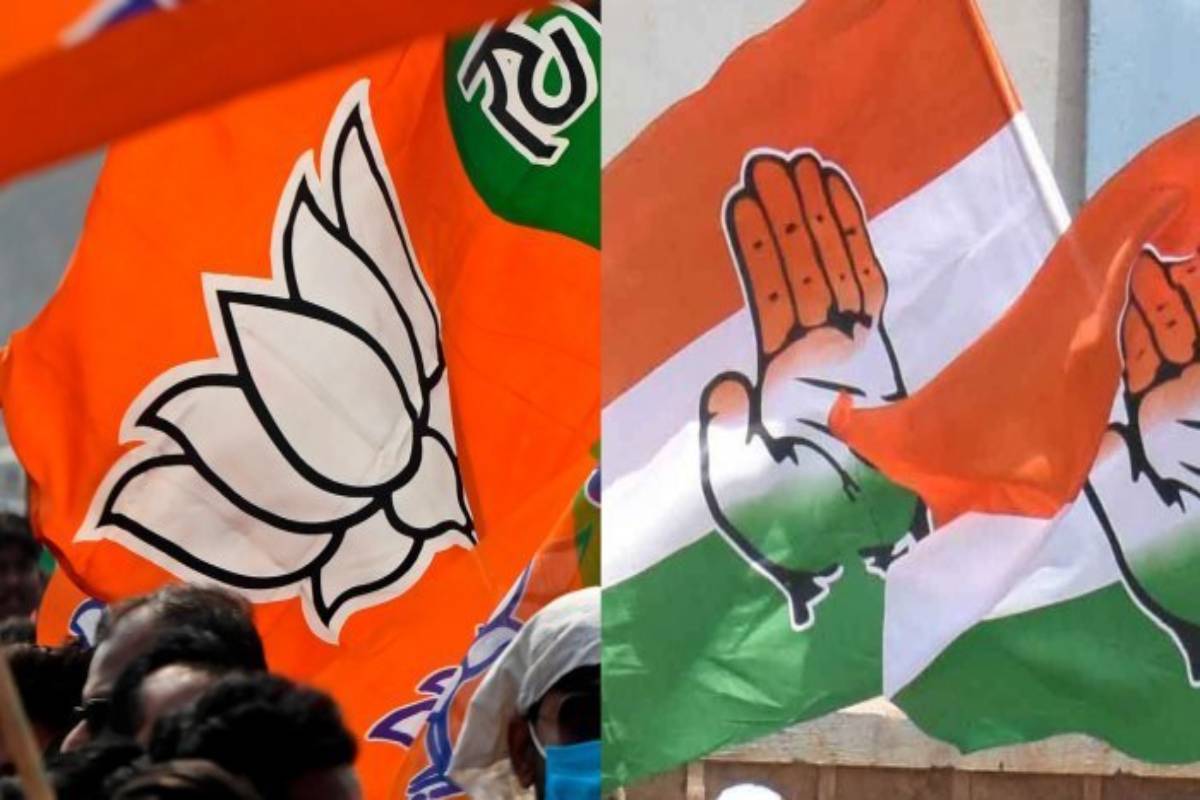Assembly election outcomes often serve as harbingers for shifts in national political landscapes. The Congress party’s resounding victory in Telangana’s 2023 state elections stands as a testament to this, sparking debates on whether it can replicate this success in the Lok Sabha elections. However, the extrapolation of state victories to national gains is fraught with complexities, given the multifaceted nature of voter behaviour and regional political dynamics. The stunning defeat of the Bharat Rashtra Samithi (BRS) in Telangana was not merely a political upset.
It was a narrative of burgeoning anti-incumbency and the effective mobilisation by Congress of local discontent. Riding high on promises and spirited campaigns, Congress managed to breach a stronghold, creating a sense of political vulnerability around BRS, further exacerbated by the arrest of a key party leader and defections that followed. This scenario, at first glance, provides Congress a potent springboard to launch a robust campaign for the state’s 17 Lok Sabha seats. However, to equate state election victories with a national trend would be an oversimplification. National elections in India pivot significantly on issues that transcend local grievances ~ issues like national security, economic policies, and the charisma of national leaders. In this context, the Modi-led BJP remains a formidable force, with its narrative tightly woven around nationalistic fervour and developmental agendas. The party’s adeptness at leveraging the ‘Modi factor’ could offset Congress’s statelevel gains, particularly in a state like Telangana, where regional loyalties and national interests intersect uniquely.
Advertisement
Moreover, the potential bipolar contest structure could reshape traditional voting blocs. The vulnerability of BRS does not automatically translate into gains for Congress. Rather, it opens a battleground for both Congress and the BJP. If BRS’s traditional vote banks, particularly among Scheduled Castes, Scheduled Tribes, and Muslims, find the Congress’s state-level performance and promises appealing, they might shift their allegiance. Conversely, a weakened BRS could see its residual vote share swinging to the BJP, especially if the national narrative sways voter perception. It is also crucial to consider the local versus national leadership perception. While Chief Minister Revanth Reddy has emerged as a significant state figure, his appeal compared to national figures like the Prime Minister will be under scrutiny.
The Congress’s success will depend heavily on its ability to juxtapose its regional leadership’s achievements against the national leadership of the BJP. With polling in all 17 Telangana Lok Sabha constituencies due on May 13 in the fourth phase of the general election, the Congress faces both a significant opportunity and a formidable challenge. Its ability to maintain the momentum from the state elections and effectively project its regional achievements onto the national canvas will be key. Conversely, any failure to address broader national issues or to counter the BJP’s narrative effectively could limit its ability to convert its statelevel victory into a broader electoral success.











